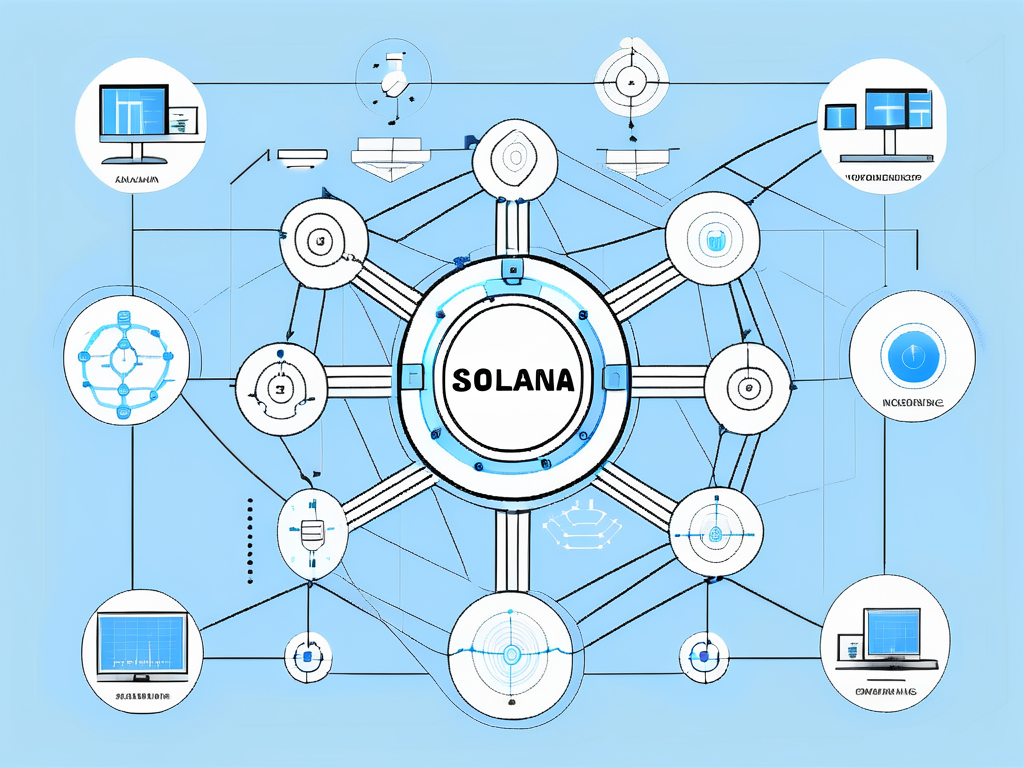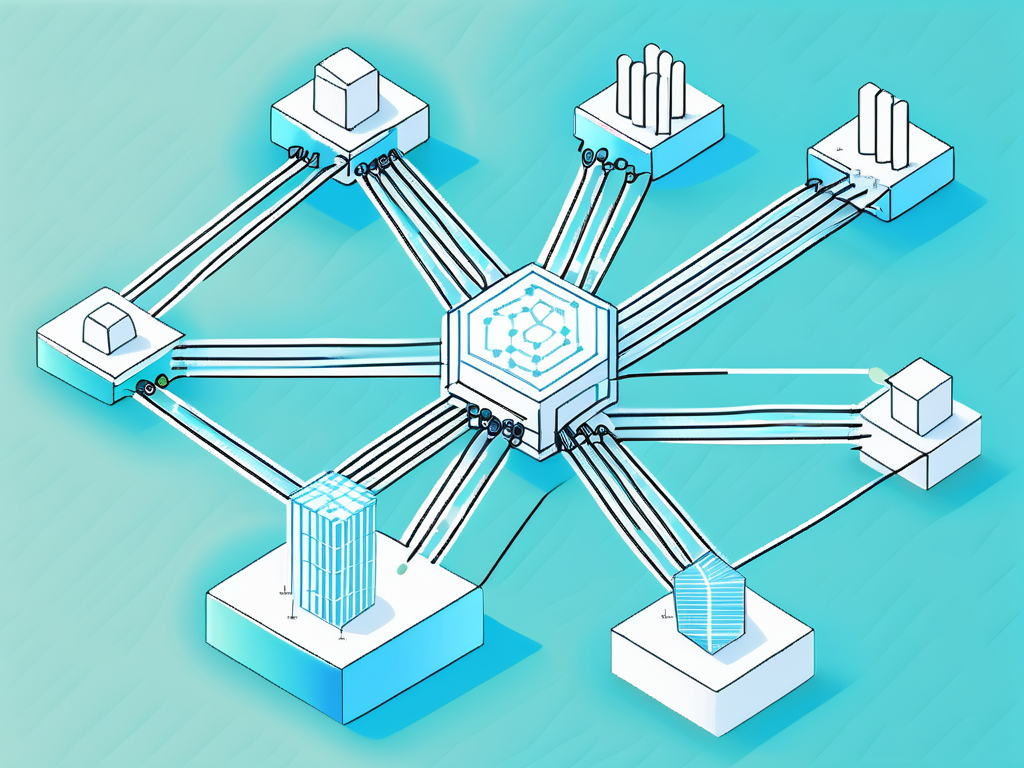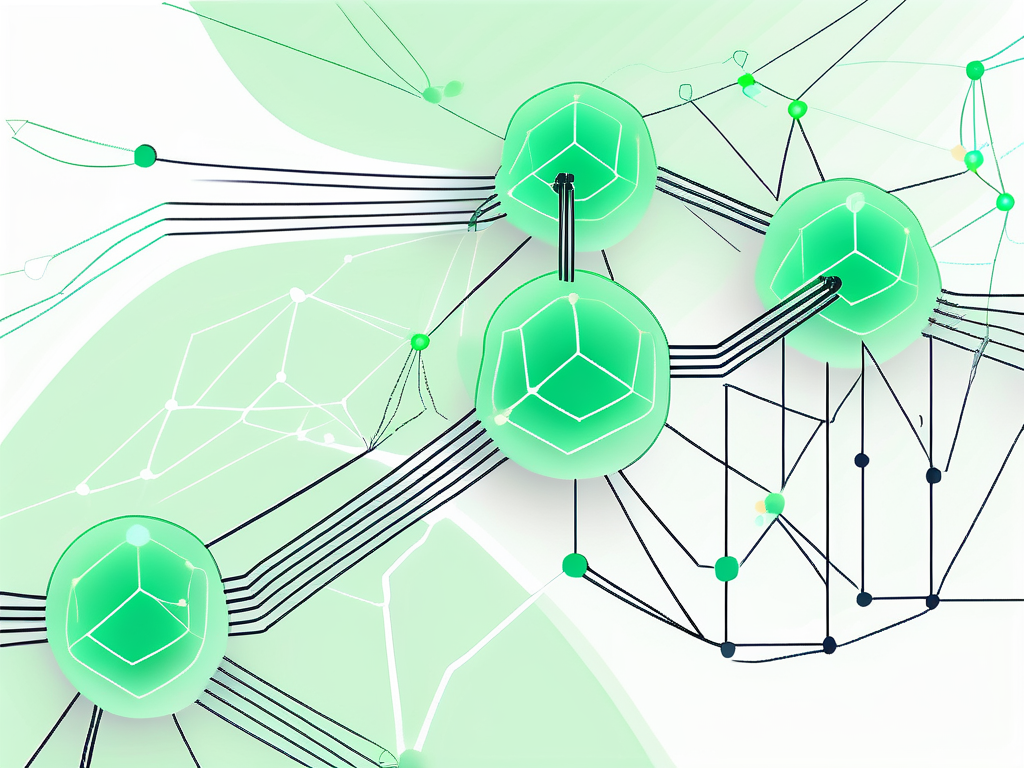The rise of blockchain technology has transformed various industries, and one of the most prominent players in this space is Solana. With its high throughput and scalable architecture, Solana has attracted considerable attention. However, to sustain its growth and efficiency, the network relies heavily on node operators who maintain the integrity of the blockchain. In this article, we will explore the challenges and opportunities associated with incentivizing Solana node operators.
Understanding Solana Node Operations
Before delving into incentivization, it is essential to understand the operations involved in running a Solana node. Node operators are responsible for validating transactions, maintaining the blockchain ledger, and ensuring the overall health of the network. They contribute to network consensus and facilitate the secure transfer of digital assets.

The Role of Node Operators in Solana
Node operators serve a critical role in Solana's ecosystem. They ensure that transactions are processed efficiently and securely, which is fundamental for user trust and network reliability. Without a robust network of node operators, Solana would struggle to maintain its high transaction speeds and low costs.
In addition to transaction validation, node operators also participate in governance decisions, providing them with a voice in the future direction of the Solana ecosystem. Their contributions lead to enhanced decentralization, which is a core tenet of blockchain technology. This participatory governance model empowers operators to influence key decisions, such as protocol upgrades and economic adjustments, thereby fostering a sense of community and shared responsibility among stakeholders.
Technical Aspects of Operating a Solana Node
Operating a Solana node requires a solid understanding of various technical specifications. Potential operators must set up robust hardware and reliable internet connectivity to maintain constant uptime. Solana nodes operate in a unique environment requiring knowledge of certain programming languages, configurations, and software tools.
Furthermore, node operators must navigate intricacies like software updates and network upgrades, ensuring their systems are always compliant with the latest developments from the Solana core team. This ongoing commitment encompasses more than just technical expertise; it also requires time and resources. Operators often engage in a continuous learning process, staying updated on best practices and emerging technologies that could enhance their node's performance. Additionally, they may need to troubleshoot issues that arise, requiring a proactive approach to problem-solving and a deep understanding of the underlying blockchain architecture.
Moreover, the community aspect of running a node cannot be overlooked. Many operators join forums and discussion groups where they share insights, seek advice, and collaborate on improving node performance. This sense of camaraderie not only helps in troubleshooting but also fosters innovation as operators exchange ideas on optimizing hardware setups or enhancing security measures. In this way, the Solana node operator community plays a vital role in the network's resilience and adaptability, ensuring that it can meet the demands of an ever-evolving digital landscape.
The Importance of Incentives in Blockchain Networks
Incentives are paramount in any blockchain network. For Solana, creating effective incentive structures is essential to attract and retain node operators. These incentives are not only financial but also encompass community involvement and governance participation, ensuring that operators feel invested in the network. By fostering a sense of belonging and ownership, Solana can cultivate a vibrant ecosystem where operators are more than just participants; they become advocates for the network's success.

How Incentives Drive Participation
The participation of node operators is significantly influenced by the incentives offered by the Solana network. Financial incentives, typically in the form of rewards for validating transactions and maintaining the network, motivate operators to join and stay active. These rewards can vary based on the operator's performance, encouraging them to optimize their operations and contribute to the overall efficiency of the network.
Moreover, having clear and attractive incentive models fosters a competitive atmosphere, drawing in diverse operators who contribute to the network’s resilience. The more diverse the operator base, the stronger the network becomes, resulting in reduced risk of centralization. This diversity not only enhances the network's robustness but also brings in a variety of perspectives and expertise, which can lead to innovative solutions and improvements in the network’s functionality.
The Impact of Incentives on Network Security
Incentives also play a critical role in ensuring network security. With appealing rewards, node operators are motivated to act in the best interest of the network rather than engaging in malicious behavior. This intrinsic motivation to maintain security is crucial for preserving user trust. Furthermore, the transparency of the incentive structure allows operators to understand the direct impact of their actions on the network's health, reinforcing their commitment to ethical participation.
Moreover, a well-thought-out incentive structure can deter potential attackers as the cost of compromising a network outweighs the perceived benefits. Hence, incentives contribute not only to participation but also serve as a line of defense against threats. Additionally, the integration of community-driven initiatives, such as bug bounty programs and security audits, can further enhance the security landscape. By incentivizing operators to identify and report vulnerabilities, Solana can create a proactive environment where security is a shared responsibility, ultimately leading to a more resilient network.
Challenges in Incentivizing Solana Node Operators
While the role of incentives is vital, several challenges complicate the process of incentivizing Solana node operators. Understanding these impediments is essential for developing better approaches and models.
Economic Factors Influencing Node Operation
Economic conditions can significantly influence the viability of node operations. Fluctuating cryptocurrency prices can impact the earnings of node operators, making it challenging to sustain operations over the long term. High operational costs, including hardware and electricity expenses, must be weighed against potential rewards.
Additionally, competition among node operators can lead to diminishing returns, disincentivizing participation if the economic landscape does not favor them. Addressing these factors is crucial to ensuring that node operators are fairly compensated for their efforts. Moreover, the introduction of staking rewards and the overall health of the Solana ecosystem can also play a pivotal role in determining the attractiveness of running a node. If the network experiences congestion or performance issues, it could lead to a decrease in the perceived value of staking, further complicating the economic calculus for potential operators.
Technological Hurdles in Node Operation
Technological challenges also pose significant barriers to operating a Solana node. The rapid evolution of technology means that operators must keep pace with continuous upgrades and changes in the network infrastructure.
Many operators may lack the necessary technical skills to handle complex configurations or troubleshooting efficiently. Consequently, educational resources and support systems are essential to empower potential operators and ensure their success within the network. Furthermore, the need for robust hardware specifications can be a deterrent for new entrants, as the initial investment can be substantial. This creates a barrier to entry that may limit the diversity and number of operators, which is crucial for maintaining a decentralized network. As such, initiatives aimed at providing subsidized hardware or collective purchasing agreements could be beneficial in fostering a more inclusive environment for node operation.
Opportunities for Incentivizing Solana Node Operators
Despite the challenges, there are ample opportunities to enhance and innovate the incentive structures for Solana node operators. Seizing these opportunities can lead to a more robust and engaged operator community.

Innovative Incentive Models for Node Operators
To stimulate participation, Solana can consider developing innovative incentive models that go beyond traditional rewards. For example, introducing tiered reward systems based on performance metrics could encourage operators to enhance their contributions.
Additionally, implementing profit-sharing models or community-driven initiatives can create a sense of ownership among node operators, directly linking their efforts to the network's success. These approaches can boost motivation and participation rates significantly.
The Future of Incentives in Solana Network
Looking ahead, the future of incentives in the Solana network will likely evolve with advancements in blockchain technology and community engagement. Embracing new models that prioritize inclusivity and participation could pave the way for a more decentralized and robust network.
Furthermore, ongoing dialogue among developers, operators, and users is crucial for identifying and implementing effective incentive structures that adapt to changing environments and community needs.
The Balance Between Challenges and Opportunities
As Solana continues to grow and attract more users, finding a balance between challenges and opportunities for incentivizing node operators will be essential for sustainable development.
Striking a Balance: Risks and Rewards
Striking a balance between providing sufficient incentives for node operators while managing network security and economic viability can be complex. Incentives need to be attractive enough to keep operators engaged but not so excessive that they introduce risk to the network.
This balancing act requires constant evaluation and adaptation of incentive models, accounting for both the immediate needs of operators and the long-term health of the Solana network. Collaboration with the community can provide valuable insights to achieve this balance effectively.
The Path Forward for Solana Node Operators
The future of Solana's node operators hinges on addressing the current challenges while leveraging the abundant opportunities presented. Continued innovation in incentive models, support for technological education, and fostering a community-driven environment will be vital.
By creating an ecosystem where node operators feel valued and rewarded for their contributions, Solana can assure a thriving and dynamic network that meets the demands of its growing user base. In conclusion, understanding and addressing the complexities of incentivizing node operators is integral to securing Solana's position as a leader in the blockchain space.
.svg)


